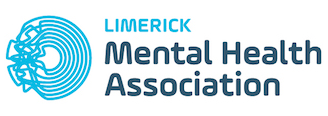
Suicide is a global public health concern that transcends geographical boundaries, affecting communities large and small, including our picturesque city of Limerick. Limerick, known for its rich history, cultural heritage, and vibrant atmosphere, also grapples with the sobering issue of suicide. In this comprehensive 5000-word article, we will delve into the complex topic of suicide in Limerick City, examining the rates, underlying factors, available local and national services, and initiatives aimed at preventing this tragic loss of life.
Section 1: Understanding the Suicidal Crisis
1.1 Suicide Rates in Limerick City
To understand the gravity of the issue, it is crucial to examine the suicide rates in Limerick City. While the most recent data available to me is up to September 2021, it provides a snapshot of the situation at that time. According to the Central Statistics Office (CSO), Limerick had a suicide rate of 13.9 per 100,000 people in 2020, which was slightly lower than the national average of 14.3 per 100,000. However, these figures only represent part of the story, as they don’t capture the full extent of the issue due to underreporting and the stigma surrounding suicide.
1.2 Factors Contributing to Suicide in Limerick
Several complex factors contribute to the prevalence of suicide in Limerick City. These include:
1.2.1 Economic Factors: High unemployment rates and financial stress can exacerbate feelings of hopelessness and despair, pushing individuals towards suicide. Rising rent and utility costs have also slowed economic growth in the regions, causing many businesses to close. The COVID-19 pandemic also saw many small business owners as well as more established ones close their doors for good.
Brexit caused many well-known businesses that were once accessible to many people to suddenly return to the UK.
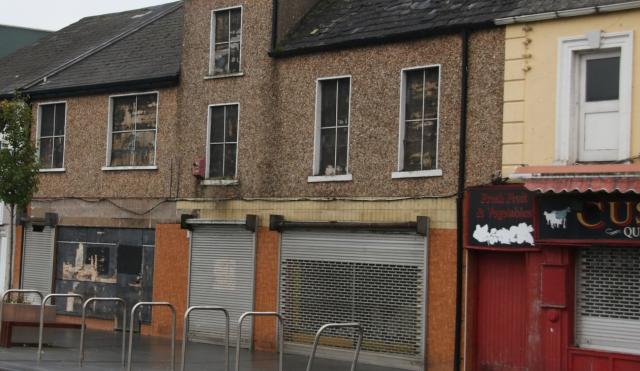
1.2.2 Mental Health Issues: Undiagnosed or untreated mental health disorders such as depression, anxiety, and bipolar disorder can significantly increase the risk of suicide. Wait times to see a psychiatric or mental healthcare worker also compounds these feelings.
1.2.3 Substance Abuse: Substance abuse issues, particularly alcohol and drug addiction, are often intertwined with suicidal thoughts and actions.
1.2.4 Social Isolation: A lack of social support, especially in urban areas like Limerick City, can leave individuals feeling isolated and disconnected. The COVID-19 pandemic also greatly impacted the public and business owners.
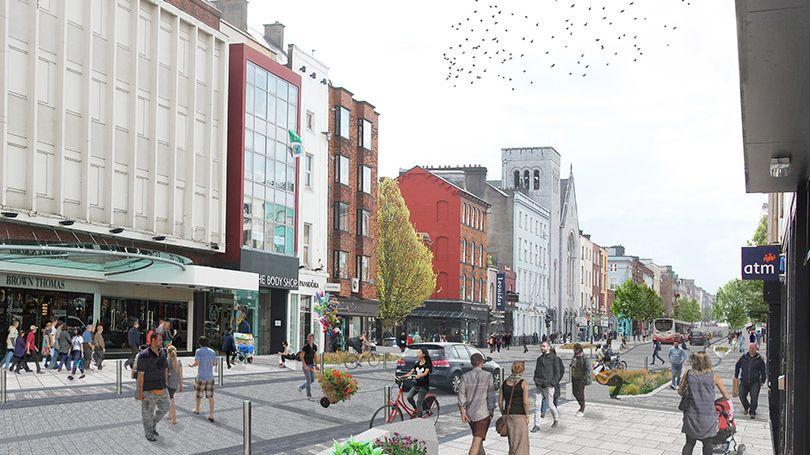
1.2.5 Historical Factors: The city’s history of economic challenges and social inequality has left a lasting impact on the mental health and well-being of its residents.
1.2.6 Crime Rate: In recent years the crime rate in and around Limerick City has grown. This has caused general anxiety within the public as well as helplessness, frustration and a distrust of others.
1.2.7 Pandemic: Covid-19 caused a mass closedown of all major services as well as a full public lockdown. Family and friends were lost to the disease. Those who contracted the disease must now suffer the potentially severe, long-term effects of the virus which include neuropsychiatric disorders which hold an increased risk of suicidal behaviours.
1.2.8 Social Media: Due to relatively low cost and portable devices, the internet is more accessible than ever. From videos to still images, it is easy to be flooded with information, some of which may be deeply upsetting for the user. Bullying and “trolling” are also rife on any internet platform, with moderation of such comments or media taking some time to be removed and after the damage has been done to the user.
Section 2: Local Suicide Prevention Services
2.1 Pieta House Limerick
Pieta House is a well-known organization in Ireland dedicated to preventing suicide and self-harm. In Limerick City, Pieta House offers a range of services, including:
Counselling: Professional therapists provide one-on-one counselling to individuals in crisis.
Support Groups: Group sessions allow people to share their experiences and receive support from peers.
24/7 Helpline: A confidential helpline is available for anyone in need of immediate assistance.
2.2 Limerick Suicide Watch
Limerick Suicide Watch is a volunteer organization that patrols the city’s riverside areas, where many suicidal incidents occur. Their dedicated volunteers are trained to provide support to individuals in distress and to connect them with appropriate services.
2.3 Local Mental Health Services
The HSE (Health Service Executive) in Limerick offers various mental health services, including outpatient clinics, crisis intervention teams, and community mental health teams. These services play a crucial role in identifying and supporting individuals at risk of suicide.
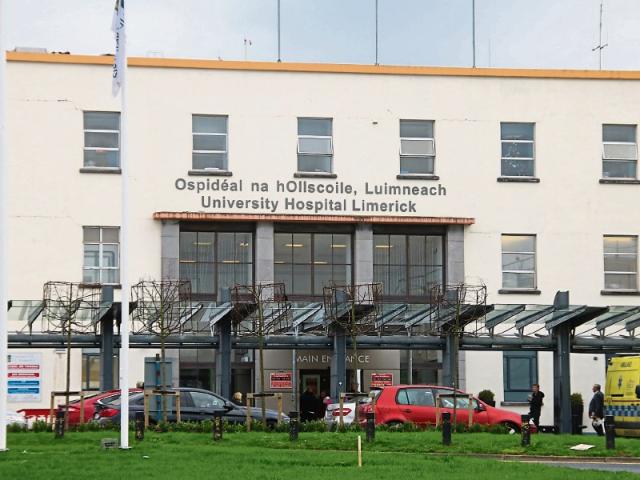
Section 3: National Suicide Prevention Initiatives
3.1 Samaritans Ireland
Samaritans is a well-established organisation that operates across Ireland. They provide emotional support and a listening ear to individuals in crisis through their 24/7 helpline (116 123) and email service (jo@samaritans.ie). The organization’s volunteers are trained to offer non-judgmental support to anyone experiencing suicidal thoughts.
3.2 HSE National Office for Suicide Prevention (NOSP)
NOSP is a government agency dedicated to reducing suicide rates in Ireland. They implement various programs and initiatives aimed at raising awareness, improving mental health services, and supporting vulnerable populations.
3.3 “Connecting for Life” Strategy
The “Connecting for Life” strategy is Ireland’s national suicide prevention strategy. It provides a comprehensive framework for suicide prevention efforts across the country, emphasizing collaboration between government agencies, communities, and service providers.
Section 4: Initiatives and Hope for the Future
4.1 Limerick City’s Community Efforts
Limerick City’s community plays a crucial role in suicide prevention. Various local initiatives and grassroots organisations work tirelessly to promote mental health awareness, reduce stigma, and provide support to those in need.
4.2 The Role of Education
Education is a powerful tool in suicide prevention. Schools, colleges, and community organisations in Limerick City are increasingly focusing on mental health education to equip individuals with the skills to recognize signs of distress and offer support.
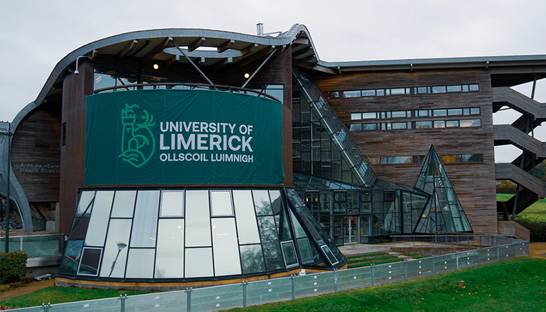
4.3 Breaking the Stigma
Reducing the stigma surrounding mental health issues and suicide is essential for encouraging individuals to seek help. Awareness campaigns and public discussions in Limerick City aim to normalise conversations about mental health and provide a safe space for people to share their experiences.
Reducing the risk of suicide is crucial, and there are several steps individuals and communities can take to provide support and promote mental well-being:
Raise Awareness: Increasing awareness about the prevalence of mental health issues and suicide is the first step. Public awareness campaigns, workshops, and educational programs can help break the stigma surrounding mental health and encourage open conversations.
Mental Health Education: Promote mental health education in schools and workplaces. Teach individuals to recognize the signs of distress in themselves and others, and provide information about available resources for help.
Encourage Communication: Encourage people to talk openly about their feelings and struggles. Listening without judgement can make a significant difference in someone’s life. Encourage friends and loved ones to seek professional help if needed.
Provide Resources: Ensure that individuals have easy access to mental health resources such as helplines, crisis centres, and therapists. The availability of these resources can be a lifeline for someone in crisis.
Training for First Responders: Equip first responders, including police, paramedics, and teachers, with mental health training to recognize and respond to individuals in crisis effectively.
Community Support Groups: Establish and promote support groups for individuals dealing with mental health challenges. These groups can provide a sense of belonging and shared understanding.
Limerick Mental Health Association (LMHA): LMHA is an excellent example of an organisation that plays a crucial role in addressing mental health challenges in the Limerick region of Ireland. They provide a range of services and support, including:
Peer Support: LMHA offers peer support programs where individuals with lived experience of mental health challenges provide guidance, empathy, and encouragement to others facing similar issues.
Wellness Workshops: They organise workshops and courses that focus on mental well-being, stress management, and building resilience. These programs empower individuals with practical tools for self-care.
Social Inclusion Initiatives: LMHA promotes social inclusion through various community activities, reducing isolation and fostering a sense of belonging among its members.
Advocacy and Awareness: The association also advocates for mental health issues, working to reduce stigma and promote understanding within the community.
Collaboration: LMHA collaborates with other organisations, healthcare providers, and government agencies to ensure a holistic approach to mental health care.
By taking these steps and supporting organizations like the Limerick Mental Health Association, individuals and communities can make a positive impact in reducing the risk of suicide and improving the mental well-being of their members. Remember, mental health is a shared responsibility, and every effort counts in creating a safer and more supportive environment for all.
5 ways to wellbeing
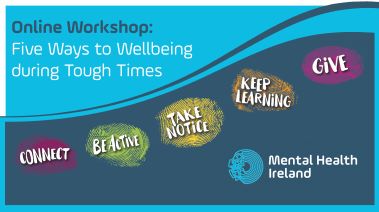
Connect
Make time each day to Connect. Connect with the people around you. With family, friends, colleagues and neighbours. At home, work, school or in your local community. By staying connected and nurturing these relationships we feel happier and more secure, giving us a better sense of purpose.
Be Active
Look for ways to be active everyday. Go for a walk or a run. Step outside. Cycle, play a game, garden or dance. Discover a physical activity you enjoy which suits your lifestyle and level of mobility and fitness. Research has shown being physically active can improve your mental health and wellbeing.

Take Notice
Be aware of the world around you and what you are feeling. Be Curious. Catch sight of the beautiful. Notice the changing seasons. Savour the moment whether you are walking to work, eating lunch or talking to friends. Pay attention to the present moment – to your thoughts, feelings and to the world around you.

Keep Learning
Try something new. Rediscover an old interest. Sign up for that course. Cook a new recipe. Take on a new responsibility. Setting yourself a new challenge and learning a new skill will increase your confidence which can improve your mental health and wellbeing.
Give
Giving to others is good for you. Do something nice for someone else. Thank someone. Volunteer your time or join a community group. See yourself and your happiness linked to the wider community can be incredibly rewarding and create connectedness with the people around you.
Conclusion
Suicide in Limerick City is a multifaceted issue deeply rooted in economic, social, and psychological factors. While the suicide rates in Limerick may fluctuate over time, the human toll is immeasurable. However, there is hope. Local and national organizations, as well as dedicated individuals, are working tirelessly to prevent suicide, offer support, and break the stigma surrounding mental health. By coming together as a community and embracing comprehensive strategies, Limerick City can move towards a future where suicide is a rarity rather than a tragedy. Remember, there is help available, and there is hope for a brighter tomorrow.
Written by Kristija Vingra (LMHA placement student)
